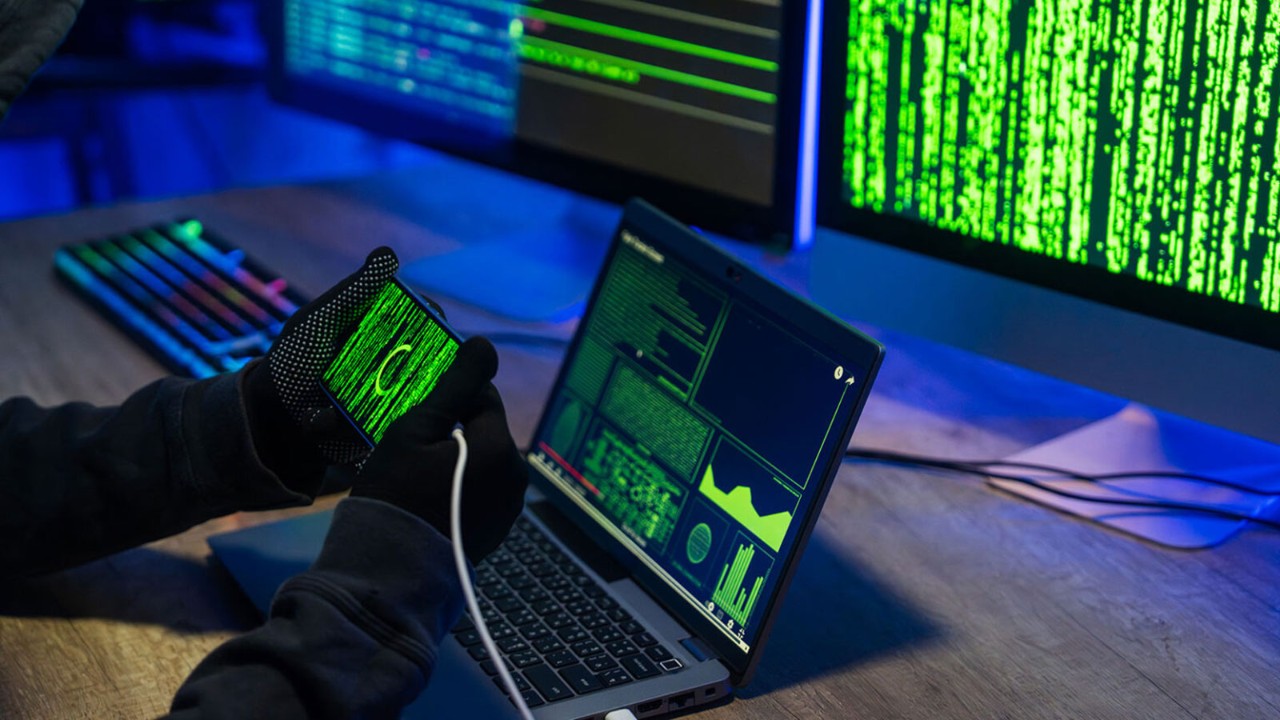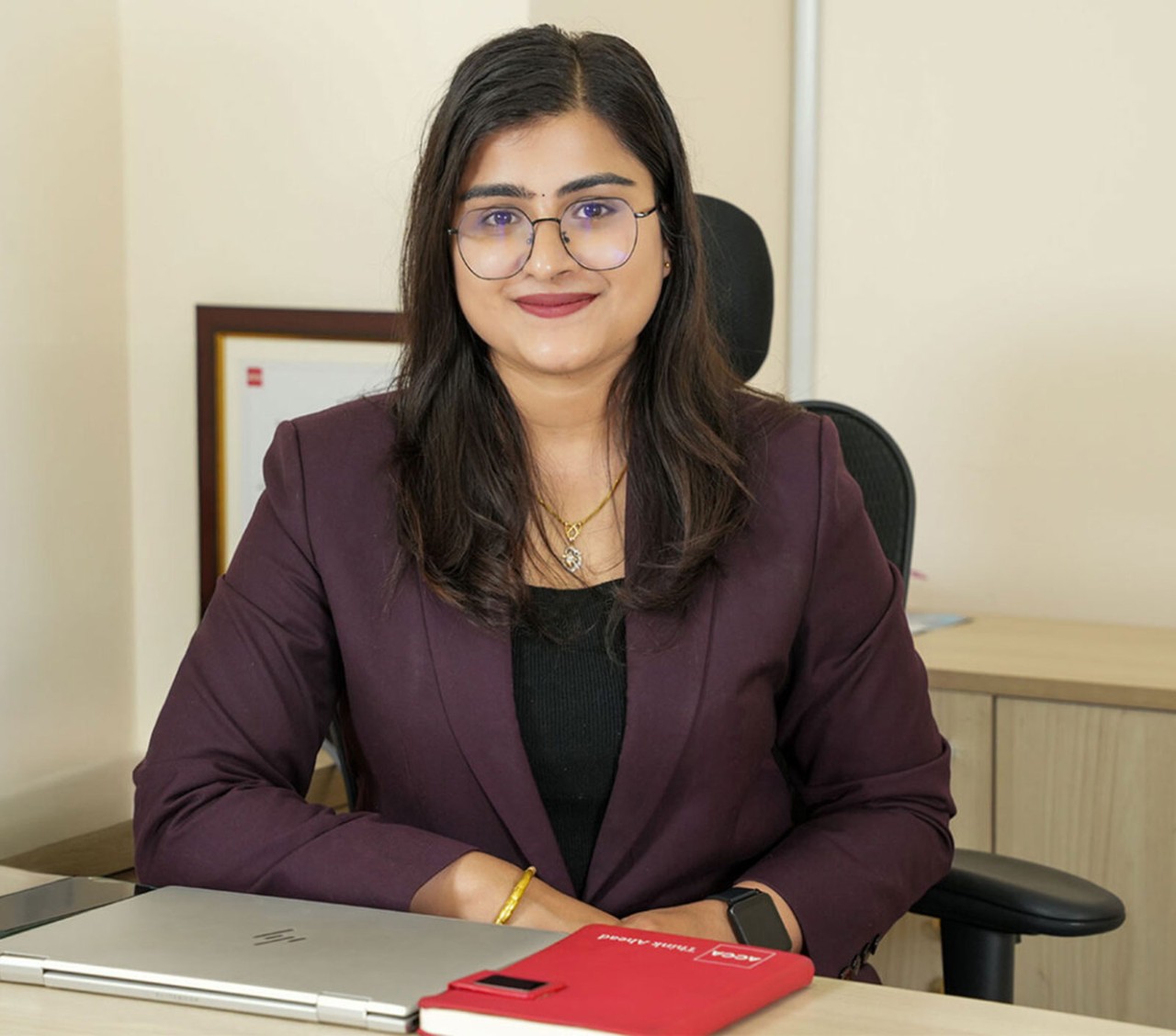
Forensic accountants face mounting challenges as cybercrime enters a new era. These specialists, who combine accounting expertise with investigative skills to uncover financial wrongdoing, must now navigate the complex worlds of cryptocurrency and artificial intelligence (AI).
By 2027, cybercrime could be inflicting on businesses more than US$23 trillion annually in global losses, according to Kroll’s latest financial crime report. The surge in digital crime has transformed the work of forensic accountants, shifting their focus from traditional paper trails to tracking sophisticated digital footprints across international borders.
‘Investigators need an ability to stay 10 steps ahead of the game’
The rapid adoption of AI tools and digital assets has exposed critical technical skills gaps, particularly in regions where fragmented regulations complicate cross-border investigations.
Some direction is given by new frameworks – including the US Financial Accounting Standards Board’s Accounting Standards Update that addresses the accounting for and disclosure of crypto assets – but forensic accountants still face major hurdles in gathering court-admissible evidence from an increasingly complex digital financial environment.
Education gaps
‘Tertiary educators are still providing degrees in silos,’ says Chad Olsen, head of forensic services in Hong Kong for KPMG China. ‘They are not combining enough technology into conventional professional degrees, including accountancy, finance and law’ to develop accountants and tools capable of handling both ‘pre- and post-incident’ scenarios.
In the Asia Pacific region, forensic accountants investigating financial crime face three primary obstacles, according to M Sivakumar, Asia Pacific legal director at Sumsub. Regulatory fragmentation across jurisdictions, limited cross-border information sharing and opaque ownership structures in emerging markets all create barriers.
‘Tools that facilitate multijurisdictional compliance are critical’
Tracing illicit assets across borders is highly challenging, Sivakumar says, as forensic accountants must reconcile a patchwork of regulations to map complex transaction flows. Singapore’s robust financial intelligence sharing contrasts sharply with Hong Kong’s stringent bank secrecy laws and legal privileges. Meanwhile, Vietnam and Indonesia operate without automated cross-border information exchange systems.
‘These differences hamper timely collaboration and delay effective asset recovery, highlighting the critical need for forensic tools that facilitate multijurisdictional compliance,’ says Sivakumar.
Opportunities abound
Despite regulatory complexities, Asia’s rapid digitalisation presents abundant opportunities for forensic accountants. A significant gap exists across the region’s virtual asset service providers (companies that facilitate cryptocurrency transactions), many of which lack robust monitoring frameworks for analysing multilayered cryptocurrency transactions that require forensic-level scrutiny, Sivakumar says.
‘This opens the door for forensic accountants to step in, not just to investigate after the fact, but to design proactive controls, map transaction trails and strengthen internal investigations when suspicious activity is flagged,’ he adds.
‘Forensic accountants are now indispensable to financial institutions’
The rising threat of cybercrime and cryptocurrency-related fraud has made forensic accountants indispensable to financial institutions.
‘Forensic accountants play a pivotal role,’ Sivakumar says. ‘Their responsibilities include tracking suspicious crypto flows, reconstructing illicit transaction webs and documenting findings for regulatory action or recovery efforts.’
New crimes, new skills
As financial crime becomes more sophisticated, so must forensic accountants. The investigation of high-value transactions across real estate, luxury goods, art and cryptocurrency often requires them to master intricate ownership structures and understand transactions conducted through shell companies and proxy entities.
‘The profiles of forensic practitioners in those industries generally tend to be focused on knowledge of the business,’ Olsen says. ‘This has a profound impact on the type of anti-money laundering skills needed.’
Sivakumar emphasises how modern forensic accountants must now be familiar with property registries, art provenance records and import-export documentation to trace illicit wealth. ‘They also need a working understanding of real estate deal structures, cross-border asset transfers and the use of high-end goods as value storage.’
An understanding of behaviour and lifestyle indicators is also needed
Forensic work has evolved beyond pure financial analysis, pushing investigators to understand behavioural patterns and lifestyle indicators. ‘They also need to look at people’s behaviour and spending habits to spot signs of money laundering, especially in markets where luxury assets are a known channel for financial crime,’ Sivakumar says.
While programmes such as those run by Sumsub Academy offer specialised training in business verification and cross-border compliance, Olsen says that technical certifications alone are not enough. ‘What is equally important but harder to measure beyond certifications is the need for critical thinking,’ he explains. ‘Not just problem-solving, but anticipation and being able to stay 10 steps ahead of the game, along with the ability to simplify complexities and grey areas through communication and rationalisation.’
These essential critical thinking skills can be developed only through hands-on experience, Olsen adds. ‘This trait can only be derived through the right experience, mentorship and application by future professionals.’



